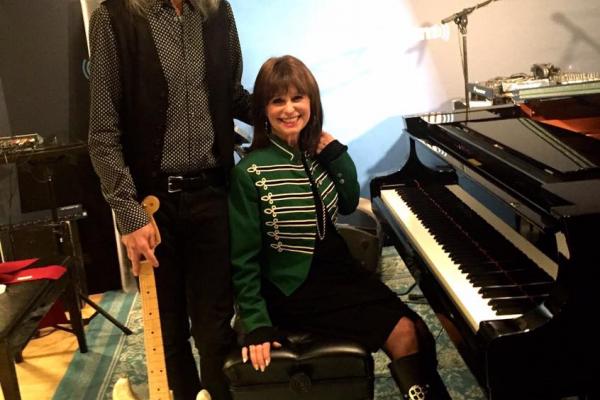AT THIS POINT, it’s almost a tradition that aging roots music icons find a third, fourth, or fifth act in partnership with some latter-day guru of cool. Think Rick Rubin and Johnny Cash, Jack White and Loretta Lynn, Joe Henry and almost everyone else.
But the latest such pairing is, on the surface at least, the most incongruous yet. Jessi Colter, a soulful country singer most famous for being the widow of Waylon Jennings, has made an album (The Psalms) with Lenny Kaye, the rock historian, producer, and guitarist most famous for his lifetime membership in the Patti Smith Group.
Unlike all those other musical odd couplings, this one is not cross-generational. Colter is only three years older than Kaye, but it was always a long way from CBGB to the Grand Ole Opry. Yet here they are collaborating, on an album of Bible verses set to music no less. But when you look a little bit below the surface, this pairing makes all the sense in the world.
The origins of this album go all the way back to 1995, when Kaye, who has always kept up his career as a music journalist, was in Nashville helping Waylon Jennings write his autobiography. One morning, he walked into the living room and beheld Colter at the piano, her Bible open before her, laying down chords and improvising melodies as she sang from the King James Version of the Psalms. It was, Kaye has written, “one of the most beautiful expressions of belief I had ever witnessed.”
Read the Full Article

